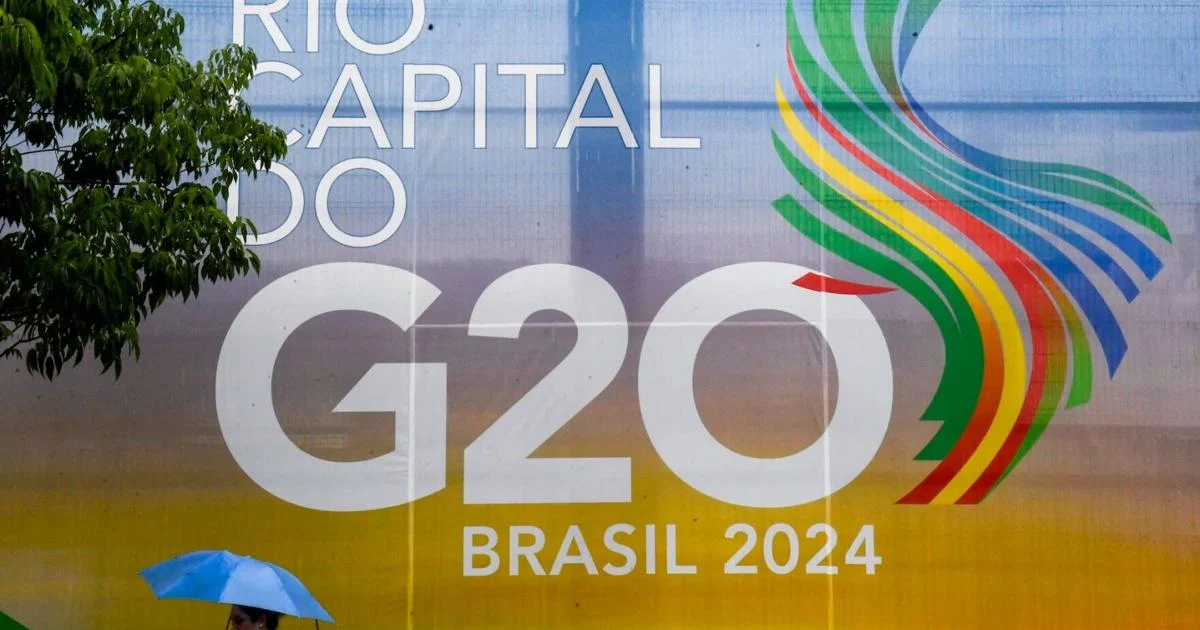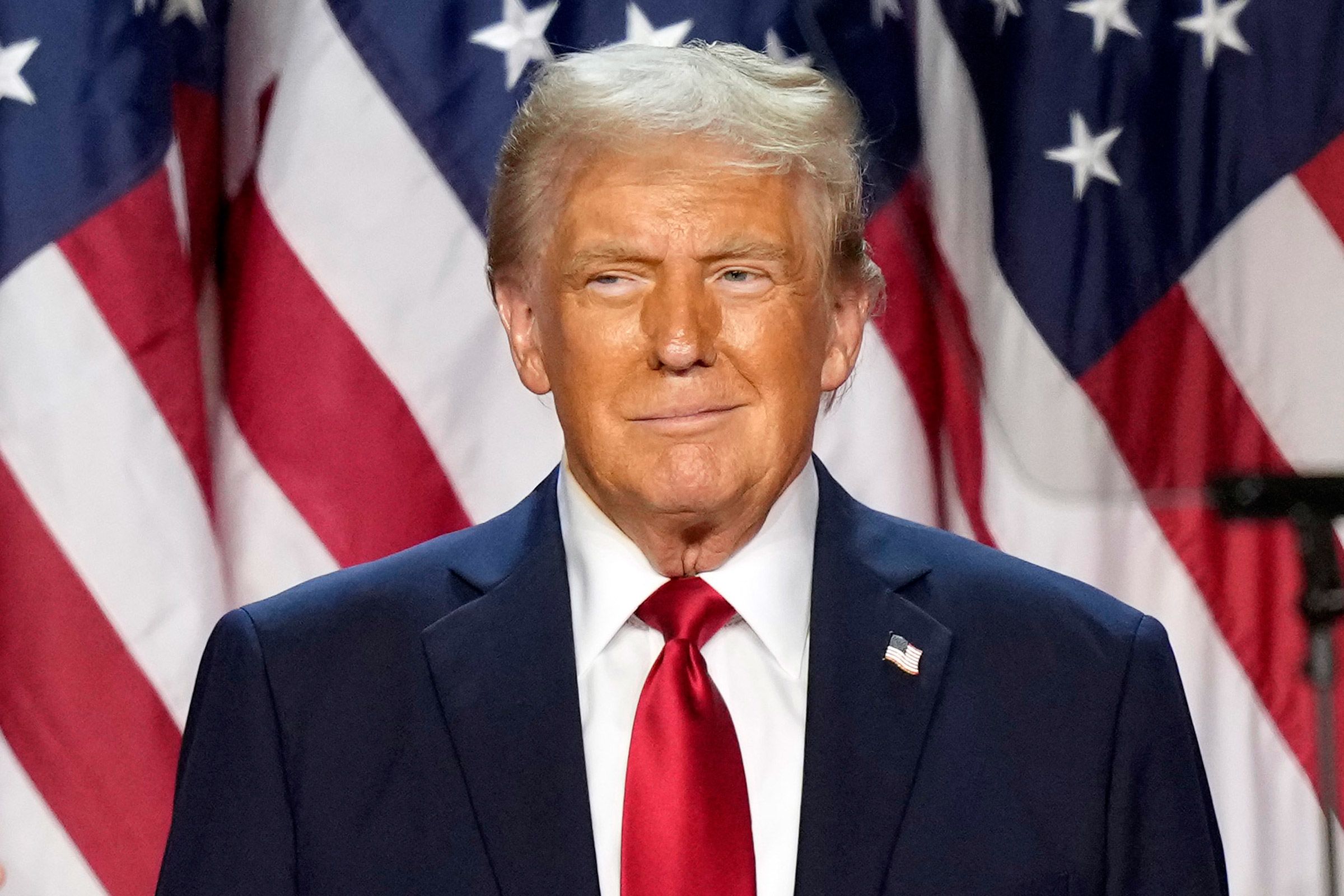Donald Trump’s influence is already making waves in global politics ahead of his inauguration. At the G20 summit in South America, Argentine President Javier Milei resisted endorsing the final communiqué over disagreements on taxing the ultra-rich and gender language. This shift from Argentina’s earlier position, following Trump’s election, was widely seen as an effort to align with the incoming administration. Milei’s actions illustrate Trump’s capacity to influence international dynamics before taking office.
At the APEC summit in Peru, Trump’s unorthodox Cabinet appointments, including Tulsi Gabbard for intelligence and Pete Hegseth for defense, were key topics of discussion among diplomats. Although Biden avoided discussing Trump directly in his meetings with leaders, Chinese President Xi Jinping alluded to the transition, expressing readiness to engage with the new U.S. administration. Biden refrained from speculating on Trump’s policy directions, emphasizing that the incoming team would decide its course.

Trump’s Influence Shapes Global Politics Ahead of Inauguration, Sparks G20 and APEC Tensions
Milei’s behavior at the G20 was interpreted as an effort to position himself alongside Trump’s expected global agenda. His pushback against the communiqué signaled a possible resurgence of divisions reminiscent of Trump’s first term. Brazilian officials worked to mediate disagreements, even considering noting Argentina’s dissent in the final statement. Some diplomats viewed Milei’s actions as a preview of Trump’s second term, where like-minded leaders may seek closer ties with the U.S. under his leadership.
Meanwhile, Biden pursued his own priorities, focusing on hunger relief and climate pledges. However, these commitments were largely seen as symbolic by other leaders, given the upcoming transition and the likelihood of policy reversals. Acknowledging his limited time left, Biden expressed pride in the groundwork laid by his administration, even as concerns mounted that Trump’s policies might undo progress on climate agreements like the Paris accord, inspiring others to follow suit.
The international community is bracing for Trump’s return, with signs of shifting alliances and priorities already emerging. Leaders are strategizing for how U.S. foreign policy might change, with some proactively aligning with Trump’s anticipated agenda. The G20 tensions and the broader recalibration of relationships underscore the uncertainty and potential for new fault lines in global diplomacy as Trump prepares to take office.











































